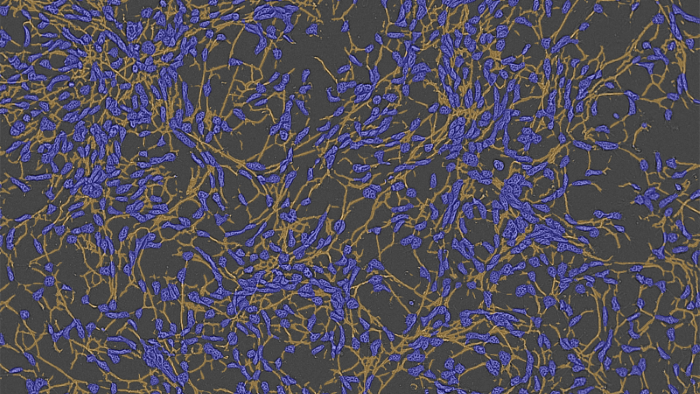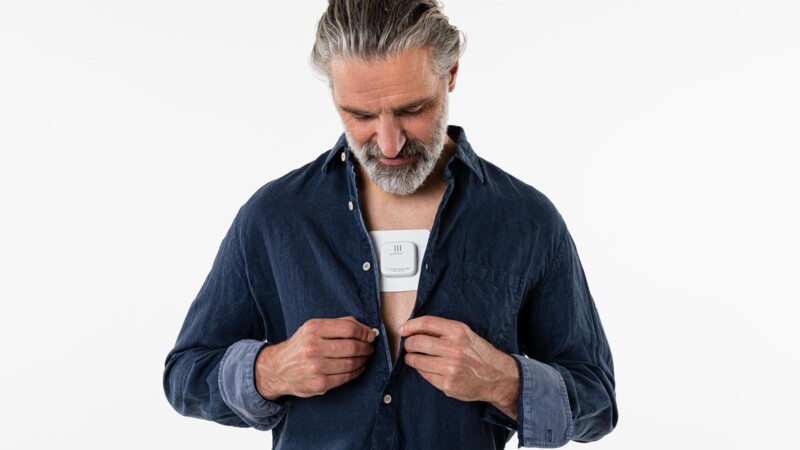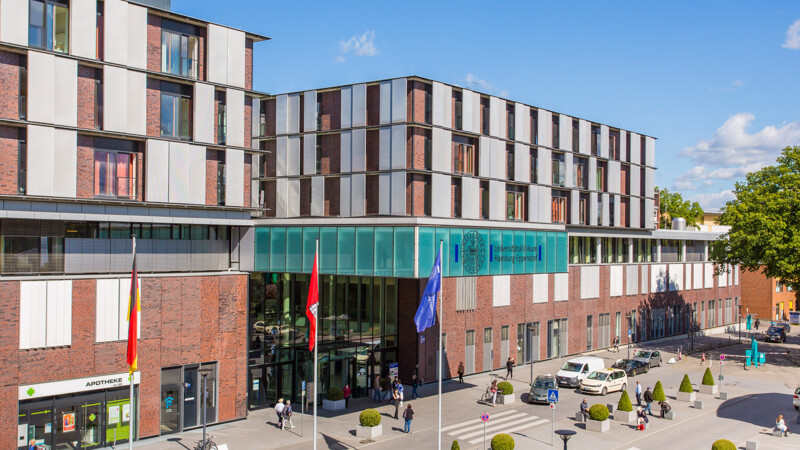Initiated by the German Research Center for Artificial Intelligence (DFKI) in Kaiserslautern, a branch office has since opened at the University of Lübeck in the Hamburg Metropolitan Region. There, Philipp Koch co-ordinates research into the use of Artificial Intelligence in Biomedical Signal Processing and for the targeted interpretation of body signals. The wide-ranging field begins with the stethoscope. To correctly assess the tones and noises heard with it, AI amplifies tones and suppresses interfering noises and relevant signals to help the doctor make the right diagnosis.
Using AI to process biomedical signals at University of Lübeck
Researchers in medicine, medical technology and computer science are now forging even closer links at the University of Lübeck to come up with new artificial intelligence solutions. The human body sends all kinds of signals that can be evaluated with medical devices. Yet, interpreting them correctly is no simple task. Until now, AI has focused mainly on processing information. The technology is now expected to make great inroads in medicine.
Interpreting body signals
AI using body's electrical impulses
Developing prostheses that can use the body's electrical impulses to perform specific hand movements is another interesting AI topic in medicine. "Previous systems recognize only very few gestures, which have to be specially trained," Koch said. "AI lets us recognize as many as 52 gestures and execute them intuitively after just a brief training period."
Hearing aids is yet another possible area of applications. Despite all the progress made so far, hearing aids still require countless adjustments and the listening experience, especially in noisy environments, is inadequate. AI can analyze the acoustic signals automatically and help the wearer to adapt to different listening scenarios. AI also has a more intelligent influence on perception.
AI as an intelligent human-machine interface
"Using AI to process biomedical signals means problems can be diagnosed more reliably and the envisioned therapies can become more precise. It also opens up entirely new possibilities that are still barely imaginable," Koch said. In relation to disabilities, AI acts as an intelligent human-machine interface, enabling smooth interaction between the body and mechanical aids. The opportunities offered by AI are apparently boundless and the Hamburg Metropolitan Region is likely headed for an even greater role in this cutting-edge technology thanks to DFKI in Lübeck.
cb/pb
Sources and further information
More
Similar articles

Hamburg's Evocal Health scoops "Start-up Award - Digital Innovations"

Analysing stem cells with artificial intelligence

Using artificial intelligence as a prophylaxis against stroke
